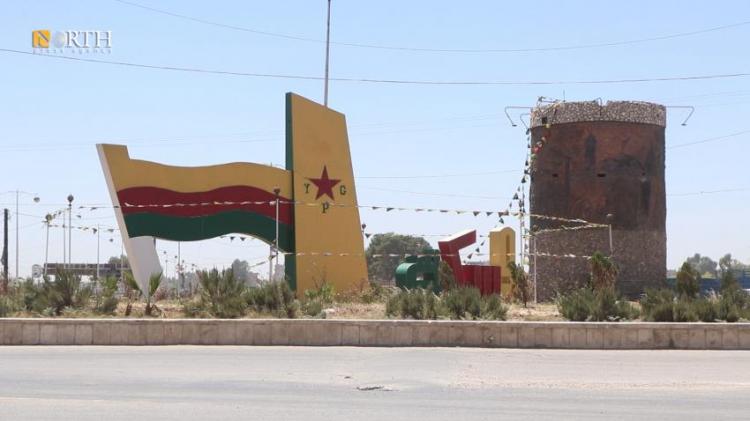QAMISHLI, Syria (North Press) – Residents and political observers in northeastern Syria are eagerly awaiting the resumption of bilateral talks between the Kurdish National Unity Parties (PYNK) and the Kurdish National Council (KNC). These discussions, aimed at achieving Kurdish political unity, have been facilitated by General Mazloum Abdi, Commander-in-Chief of the Syrian Democratic Forces (SDF), alongside French and American delegations and Masoud Barzani, President of the Kurdistan Democratic Party (KDP).
Recent visits have reignited hopes for progress. Dr. Abdulhamid Darbandi, Barzani’s representative, traveled to Hasakah to meet with General Abdi, while Abdi subsequently visited Erbil in the Kurdistan Region of Iraq to confer with Barzani. However, two months after these reciprocal visits, no official meetings between the Kurdish parties have taken place.
The Kurdish unity initiative was launched by Abdi approximately six years ago but stalled after reaching a political understanding agreement. Each side has since accused the other of obstructing dialogue. The fall of the Assad regime has brought renewed urgency to the unity efforts, as Kurdish factions seek to consolidate their political vision and demands in the evolving Syrian landscape.
Speaking to North Press, Sama Bakdash, spokesperson for the Democratic Union Party (PYD), the leading party within the PYNK, claimed that the KNC is “not ready for Kurdish dialogue.”
Bakdash stressed that the PYNK parties are prepared to resume discussions “without preconditions.” She noted that despite efforts by American and French mediators, the KNC appears reluctant to engage.
Conversely, Faisal Youssef, spokesperson for the KNC, asserted that “Kurdish dialogue remains a top priority.” Youssef told North Press that his council is committed to “fostering a unified Kurdish stance” and forming a joint delegation and shared political vision, without engaging in public disputes through the media.
Parallel to the stalled dialogue, the PYNK parties are preparing for a Kurdish National Conference. Bakdash stated that invitations had been extended to the KNC, but no response has been received thus far.
She emphasized that the conference is “not a substitute for the bilateral dialogue,” but rather aims to widen political participation by involving additional Kurdish parties and independent figures.
Bakdash highlighted several initiatives undertaken by civil society groups and prominent Kurdish figures to accelerate the unification of the Syrian Kurdish political discourse. She reiterated the Unity Parties’ willingness to engage in dialogue without preconditions.
Despite public calls for swift progress towards a Kurdish political agreement, neither side has indicated a specific date for resuming talks. The mounting pressure from Kurdish communities reflects growing concerns that political unity could enhance Kurdish representation and secure gains in Syria’s rapidly changing political landscape.

